Filter by
Found 12368 from your keywords: subject="It's not conflict, it...
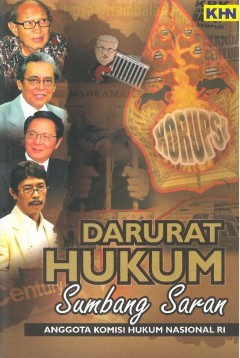
Darurat Hukum Sumbang Saran Anggota Komisi Hukum Nasional RI
- Edition
- 1st print
- ISBN/ISSN
- 978-979-3452-44-9
- Collation
- xxii, 277p.; 21 cm
- Series Title
- -
- Call Number
- 340 SAI d
- Edition
- 1st print
- ISBN/ISSN
- 978-979-3452-44-9
- Collation
- xxii, 277p.; 21 cm
- Series Title
- -
- Call Number
- 340 SAI d
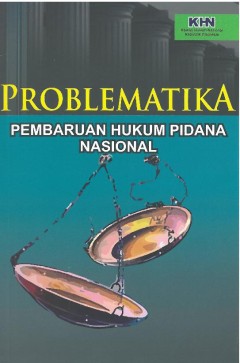
Problematika Pembaruan Hukum Pidana Nasional
- Edition
- 1st print
- ISBN/ISSN
- 978-979-3452-46-3
- Collation
- xxii, 378p.; 21 cm
- Series Title
- -
- Call Number
- 340 SAH p
- Edition
- 1st print
- ISBN/ISSN
- 978-979-3452-46-3
- Collation
- xxii, 378p.; 21 cm
- Series Title
- -
- Call Number
- 340 SAH p
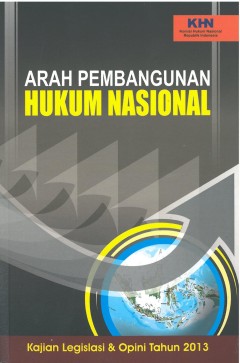
Arah Pembangunan Hukum Nasional: kajian legislasi & opini tahun 2013
- Edition
- 1st print
- ISBN/ISSN
- 978-979-3452-45-6
- Collation
- x, 290p.; 21 cm
- Series Title
- -
- Call Number
- 340 SAH a
- Edition
- 1st print
- ISBN/ISSN
- 978-979-3452-45-6
- Collation
- x, 290p.; 21 cm
- Series Title
- -
- Call Number
- 340 SAH a
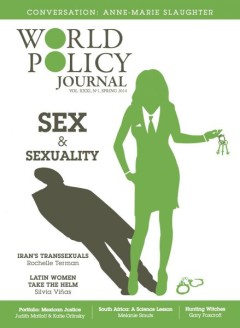
World Policy Journal, Volume 31, Number 1, Spring 2014
- Edition
- -
- ISBN/ISSN
- 07402775
- Collation
- -
- Series Title
- -
- Call Number
- -
- Edition
- -
- ISBN/ISSN
- 07402775
- Collation
- -
- Series Title
- -
- Call Number
- -
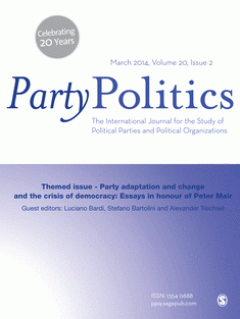
Party Politics, Volume 20, Issue 2, March 2014
- Edition
- -
- ISBN/ISSN
- 1354-0688
- Collation
- -
- Series Title
- -
- Call Number
- -
- Edition
- -
- ISBN/ISSN
- 1354-0688
- Collation
- -
- Series Title
- -
- Call Number
- -
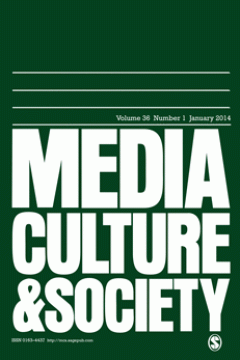
Media Culture & Society, Volume 36, Number 1, January 2014
- Edition
- -
- ISBN/ISSN
- 0163-4437
- Collation
- -
- Series Title
- -
- Call Number
- -
- Edition
- -
- ISBN/ISSN
- 0163-4437
- Collation
- -
- Series Title
- -
- Call Number
- -

Media Culture & Society, Volume 36, Number 2, March 2014
- Edition
- -
- ISBN/ISSN
- 0163-4437
- Collation
- -
- Series Title
- -
- Call Number
- -
- Edition
- -
- ISBN/ISSN
- 0163-4437
- Collation
- -
- Series Title
- -
- Call Number
- -
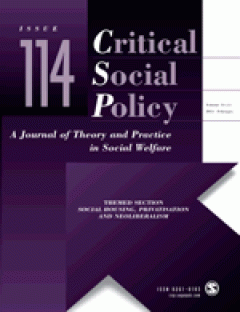
Critical Social Policy, Volume 34, Number 1, Issue 118, February 2014
- Edition
- -
- ISBN/ISSN
- 0261-0183
- Collation
- -
- Series Title
- -
- Call Number
- -
- Edition
- -
- ISBN/ISSN
- 0261-0183
- Collation
- -
- Series Title
- -
- Call Number
- -
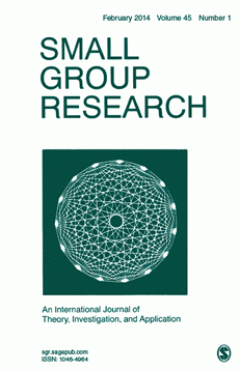
Small Group Research, Volume 45, Number 2, April 2014
- Edition
- -
- ISBN/ISSN
- 1046-4964
- Collation
- -
- Series Title
- -
- Call Number
- -
- Edition
- -
- ISBN/ISSN
- 1046-4964
- Collation
- -
- Series Title
- -
- Call Number
- -
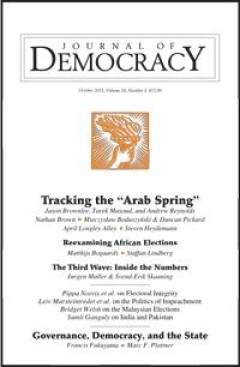
Journal of Democracy, Volume 25, Number 1, January 2014
- Edition
- -
- ISBN/ISSN
- 1045-5736
- Collation
- -
- Series Title
- -
- Call Number
- -
- Edition
- -
- ISBN/ISSN
- 1045-5736
- Collation
- -
- Series Title
- -
- Call Number
- -

Gender & Society, Volume 28, Number 2, April 2014
- Edition
- -
- ISBN/ISSN
- 0891-2432
- Collation
- -
- Series Title
- -
- Call Number
- -
- Edition
- -
- ISBN/ISSN
- 0891-2432
- Collation
- -
- Series Title
- -
- Call Number
- -
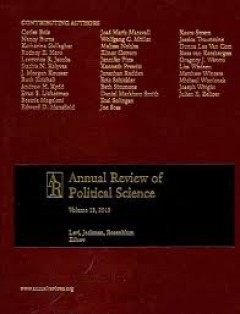
Annual Review of Political Science, Volume 16, 2013
- Edition
- -
- ISBN/ISSN
- 1094-2939
- Collation
- -
- Series Title
- -
- Call Number
- -
- Edition
- -
- ISBN/ISSN
- 1094-2939
- Collation
- -
- Series Title
- -
- Call Number
- -
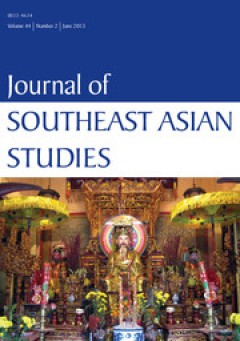
Journal of Southeast Asian Studies, Volume 44, Number 2, June 2013
- Edition
- -
- ISBN/ISSN
- 0022-634
- Collation
- -
- Series Title
- -
- Call Number
- -
- Edition
- -
- ISBN/ISSN
- 0022-634
- Collation
- -
- Series Title
- -
- Call Number
- -
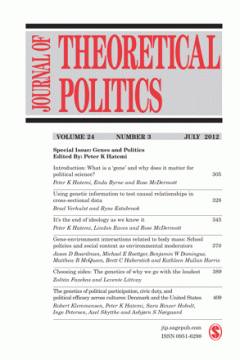
Journal of Theoretical Politics, Volume 24, Number 4, October 2012
- Edition
- -
- ISBN/ISSN
- 0951-6298
- Collation
- -
- Series Title
- -
- Call Number
- -
- Edition
- -
- ISBN/ISSN
- 0951-6298
- Collation
- -
- Series Title
- -
- Call Number
- -
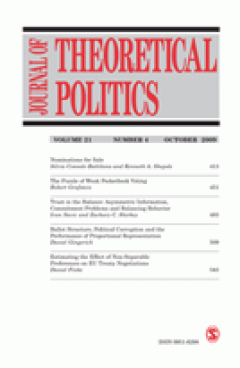
Journal of Theoretical Politics, Volume 24, Number 2 April 2012
- Edition
- -
- ISBN/ISSN
- 09516298
- Collation
- 149-302p.
- Series Title
- -
- Call Number
- -
- Edition
- -
- ISBN/ISSN
- 09516298
- Collation
- 149-302p.
- Series Title
- -
- Call Number
- -
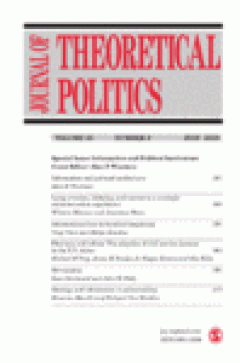
Journal of Theoretical Politics, Volume 25, Number 3, July 2013
- Edition
- -
- ISBN/ISSN
- 0951-6298
- Collation
- -
- Series Title
- -
- Call Number
- -
- Edition
- -
- ISBN/ISSN
- 0951-6298
- Collation
- -
- Series Title
- -
- Call Number
- -
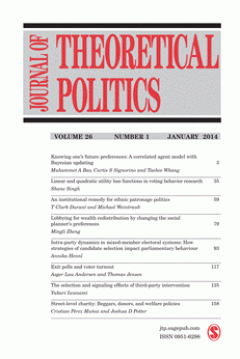
Journal of Theoretical Politics, Volume 25, Number 1, January 2013
- Edition
- -
- ISBN/ISSN
- 0951-6298
- Collation
- -
- Series Title
- -
- Call Number
- -
- Edition
- -
- ISBN/ISSN
- 0951-6298
- Collation
- -
- Series Title
- -
- Call Number
- -

Journal of Theoretical Politics, Volume 25, Number 2, April 2013
- Edition
- -
- ISBN/ISSN
- 0951-6298
- Collation
- -
- Series Title
- -
- Call Number
- -
- Edition
- -
- ISBN/ISSN
- 0951-6298
- Collation
- -
- Series Title
- -
- Call Number
- -

Journal of Theoretical Politics, Volume 26, Number 1, January 2014
- Edition
- -
- ISBN/ISSN
- 0951-6298
- Collation
- -
- Series Title
- -
- Call Number
- -
- Edition
- -
- ISBN/ISSN
- 0951-6298
- Collation
- -
- Series Title
- -
- Call Number
- -

Journal of Theoretical Politics, Volume 25, Number 4, October 2013
- Edition
- -
- ISBN/ISSN
- 0951-6298
- Collation
- -
- Series Title
- -
- Call Number
- -
- Edition
- -
- ISBN/ISSN
- 0951-6298
- Collation
- -
- Series Title
- -
- Call Number
- -
 Computer Science, Information & General Works
Computer Science, Information & General Works  Philosophy & Psychology
Philosophy & Psychology  Religion
Religion  Social Sciences
Social Sciences  Language
Language  Pure Science
Pure Science  Applied Sciences
Applied Sciences  Art & Recreation
Art & Recreation  Literature
Literature  History & Geography
History & Geography